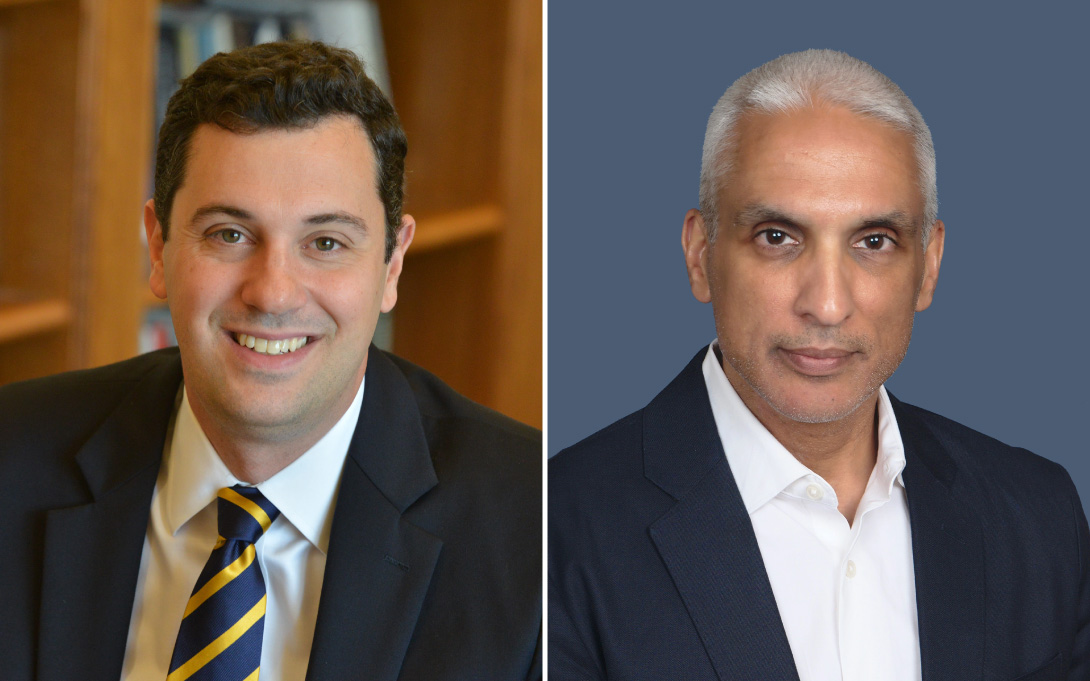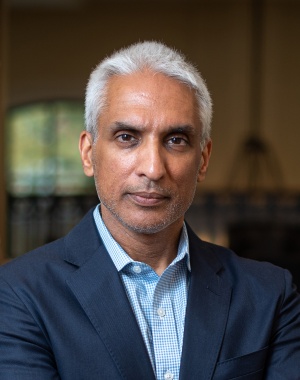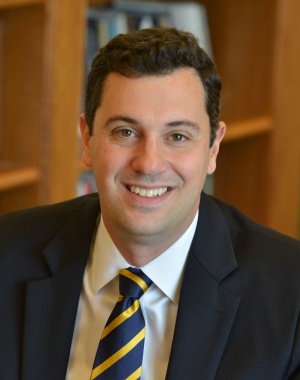
With stunning speed, the Taliban has overthrown the Western-backed government of Afghanistan, bringing a chaotic end to a two-decade effort by the United States and others to remake the country. More than 3,500 U.S. and allied troops and tens of thousands of Afghans were killed.
University of Michigan experts are available to discuss the latest developments and what precipitated them.
John Ciorciari
John Ciorciari is an associate professor of public policy and director of the International Policy Center and Weiser Diplomacy Center.
“The catastrophe in Afghanistan reflects the widely foreseen dangers of a swift U.S. withdrawal. It also reflects the hubris of two U.S. presidents, as both Donald Trump and Joe Biden overrode the wise counsel of senior security advisers to take a more measured approach,” he said. “The speed of the drawdown left little time to update contingency plans. U.S. troops have rightly returned to help evacuate the embassy, but little plumbing is in place to rescue the many imperiled Afghans who worked closely with U.S. personnel. That needs to be an immediate, top-tier priority. This is more than a matter of national interest: it is a moral issue.”
Contact: [email protected]
Javed Ali
Javed Ali, associate professor of practice at the Ford School of Public Policy, is a former senior U.S. government counterterrorism official.
“The fall of Kabul marks the final step in the Taliban’s return to power following their collapse after 9/11. The Biden Administration’s decision to end the U.S. combat mission there on the 20-year anniversary of 9/11 will now be long-debated as a critical mistake in the history of U.S. foreign policy, as that opened the door for the Taliban to press forward with their plan,” he said. “Important questions now follow on whether the Taliban will reverse the social, economic and political gains in Afghanistan over the last 20 years, collaborate or support international terrorist groups that may still want to attack the United States, and act as a responsible government that seeks to improve the lives of all Afghan citizens.”
Contact: [email protected]
Juan Cole
Juan Cole, professor of history, studies the ongoing political change in the Middle East.
“U.S. officials sent out to Afghanistan knew that it was a Washington Ponzi scheme. Billions were disappearing into the pockets of contractors and warlords,” he said. “Only the arms manufacturers were happy. The U.S. was massively bombing the country every year, the only reason that it was still able to be there. Nobody believed in the mission. There was no mission. There was a morass of corruption and incompetence.”
Contact: [email protected]
Ronald Stockton
Ronald Stockton, professor of political science at UM-Dearborn, has conducted research on Arab American and Middle East issues since the 1970s.
“This day was inevitable as soon as the Trump administration signed the Doha document agreeing to withdraw all U.S. forces if the Taliban would promise to behave themselves,” he said. “At that point, our allies within the country knew that it was only a matter of time. Those hyperventilating members of Congress are allowed to hyperventilate against Biden if they also hyperventilated against Trump. Otherwise, it is just shameless partisan treachery.”
Contact: [email protected]
This story was originally published in Michigan News. Read the original here.

